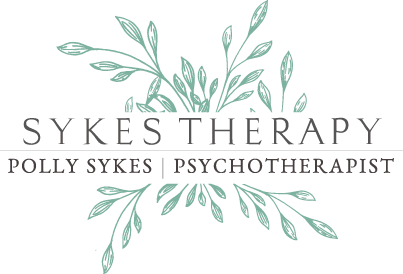My Approach: Individual Therapy
I practice Emotion-Focused Therapy (EFT), a unique empirically-based approach which focuses on the development of emotional intelligence and the use of healthy (primary) emotion to bring about personal change.
EFT has been demonstrated as an effective treatment for a range of issues including: anxiety, depression, self-harming behaviour, relationship distress and in the treatment of adult survivors of childhood trauma. Based on emotion, attachment, and growth theory, EFT helps people identify which of their emotions they can trust and rely on as adaptive guides, and which are residues of painful memories that have become maladaptive to the current context and need to be changed.
With the help of the therapist’s empathic understanding and support, clients access adaptive emotions such as healthy grief, empowering anger, and self-compassion. These adaptive emotions transform the maladaptive fear and shame that fuel anxiety, depression, emotional withdrawal and self-destructive behaviour.
“The curious paradox is that when I accept myself just as I am, then I can change.”Carl RogersMake Appointment
My Approach: Couple Therapy
I practice Emotion-Focused Couple Therapy which is an evidence-based, structured approach to couples therapy formulated in the 1980s and developed alongside the science on adult attachment and bonding. A substantial body of research outlining the effectiveness of EFT now exists (Reference).
In EFT Couple Therapy sessions, each partner’s emotional experience is respectfully acknowledged, understood and shared. Through this process partners can start to understand the reactions they have to each other that contribute to disconnection and conflict in the relationship, and most importantly – the emotional experiences that drive those reactions.
When each partner can understand their own reactions and the responses they get from their partner, relationship distress starts to lessen. In this place both partners can learn to recognize their own emotional need for safety and connection and learn to ask in soft and non-blaming ways for their partner to meet their needs.
“Love does not just sit there, like a stone; it has to be made, like bread, remade all the time, made new.”Ursula Le GuinMake Appointment
